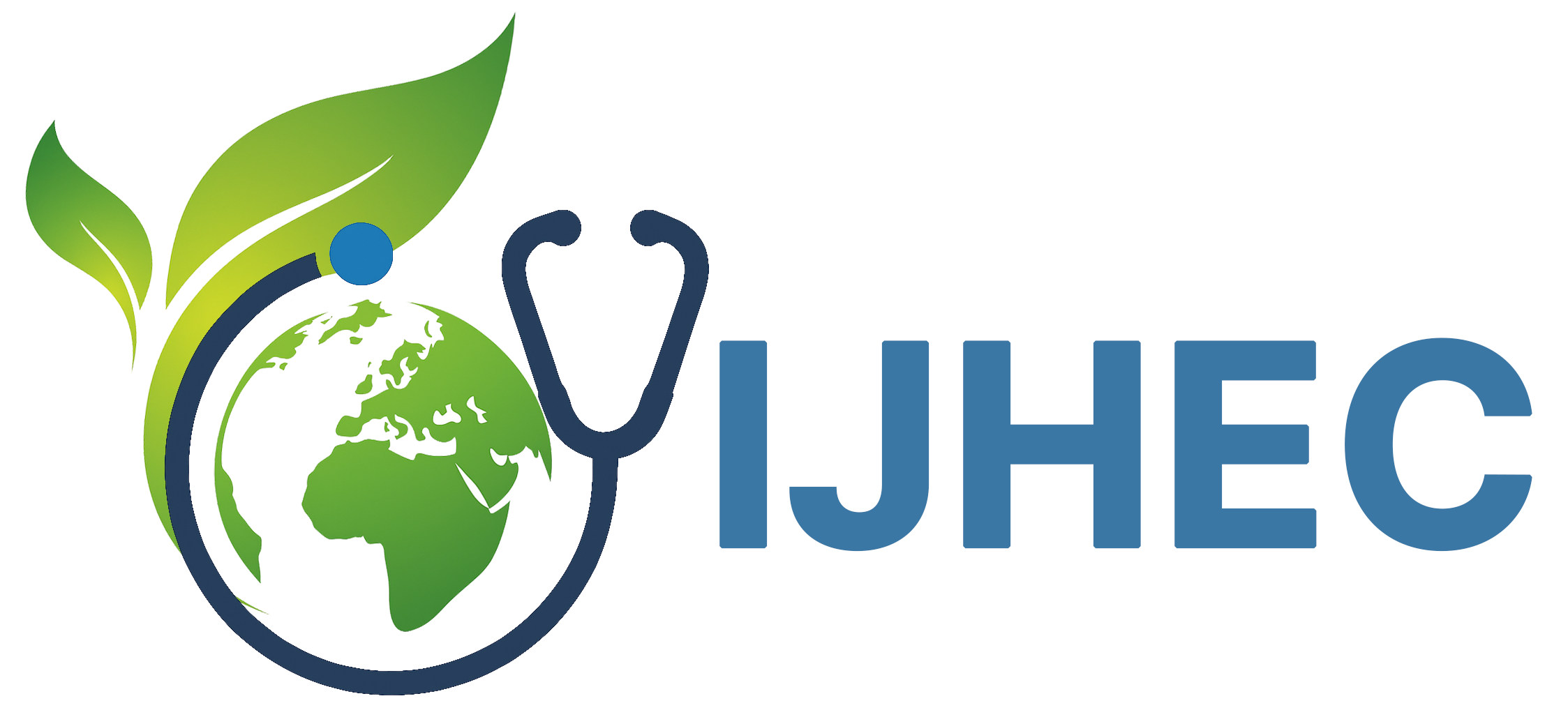Neonatal mortality remains a global challenge, with approximately 2.4 million neonatal deaths occurring annually. The first minutes of life are critical, and timely, effective neonatal resuscitation can prevent up to 30% of intrapartum-related deaths. Despite its proven benefits, gaps in competency persist among nursing graduates, often due to reliance on didactic teaching methods that fail to build procedural confidence. This quasi-experimental study evaluated the effectiveness of a Competency-Based Teaching (CBT) programme in improving neonatal resuscitation knowledge and confidence among nursing interns in a tertiary care setting in Odisha, India. Sixty nursing interns were selected through purposive sampling and allocated equally to intervention and control groups. The intervention was designed in alignment with updated Neonatal Resuscitation Program (NRP) guidelines and comprised interactive lectures, skill demonstrations, hands-on manikin practice, scenario-based simulations, and formative feedback. Pre- and post-test assessments using a structured, validated questionnaire and self-confidence scale revealed a significant increase in mean knowledge scores in the intervention group (from 14.5 ± 3.2 to 22.8 ± 2.5, p < 0.001), whereas no significant improvement was seen in the control group (p > 0.05). The findings confirm that structured CBT significantly enhances both cognitive and procedural competencies in neonatal resuscitation. These results underscore the need for embedding CBT approaches within internship curricula to bridge the gap between theory and clinical practice.
I. World Health Organization. ‘Newborn Mortality.’ WHO, 2024.
https://www.who.int/news-room/fact-sheets/detail/newborn-mortality.
II. Mohamed, S. M., et al. ‘Effect of Digital Detox Program on Electronic Screen Syndrome Among Preparatory School Students.’ Nursing Open, vol. 10, no. 4, 2023, pp. 2222–2228. https://doi.org/10.1002/nop2.1472.
III. American Academy of Pediatrics. ‘Neonatal Resuscitation Program, 8th Edition.’ American Academy of Pediatrics, 2022.
IV. Rani, P. L., and G. M. Buvaneswari. ‘Digital Detoxification Among Late Adolescence—Need of the Hour.’ International Journal of Health Sciences (IJHS), 2022, pp. 6560–6572. https://doi.org/10.53730/ijhs.v6ns1.6402.
V. Ramadhan, R. N., et al. ‘Impacts of Digital Social Media Detox for Mental Health: A Systematic Review and Meta-Analysis.’ Narra Journal, vol. 4, no. 2, 2024, p. e786. https://doi.org/10.52225/narra.v4i2.786.
VI. American Heart Association. ‘Highlights of the 2020 American Heart Association Guidelines for CPR and ECC.’ 2020.
VII. Wyckoff, M. H., et al. ‘Part 13: Neonatal Resuscitation: 2020 American Heart Association Guidelines for Cardiopulmonary Resuscitation and Emergency Cardiovascular Care.’ Circulation, vol. 142, no. 16_suppl_2, 2020, pp. S524–S550.
VIII. Weiner, G. M., et al. ‘Textbook of Neonatal Resuscitation (NRP), 8th Edition.’ American Academy of Pediatrics, 2021.
IX. Patel, D., et al. ‘Competency-Based Simulation Training in Neonatal Resuscitation: A Randomized Controlled Trial.’ Journal of Neonatal Nursing, vol. 28, no. 2, 2022, pp. 110–118.
X. Singh, A., et al. ‘Effectiveness of Structured Teaching Program on Neonatal Resuscitation Among Nursing Students.’ Indian Journal of Pediatrics, vol. 89, 2022, pp. 234–239.
